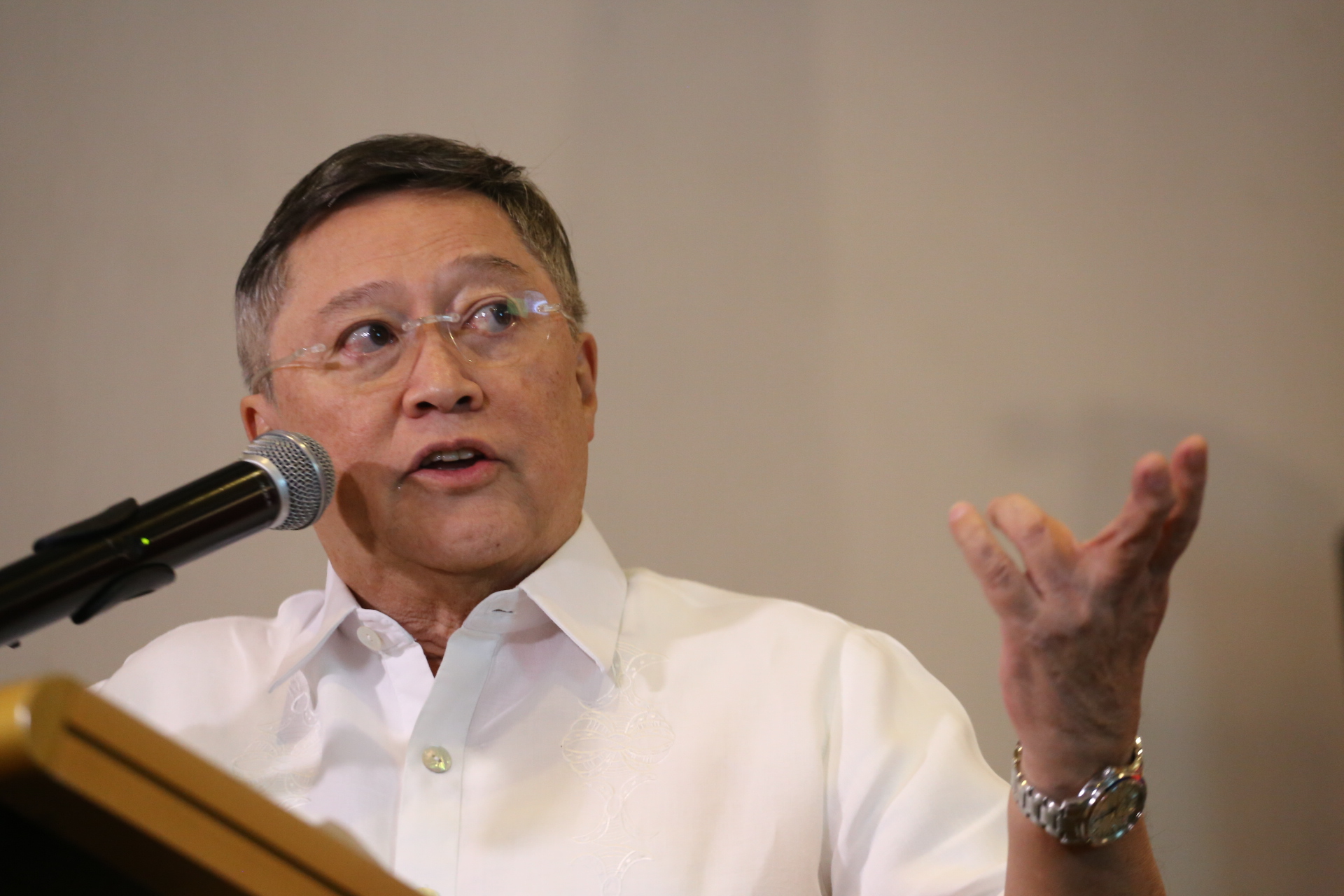PH not joining TPP without US
Manila Bulletin | 15 October 2017
PH not joining TPP without US
By Roy Mabasa
The Philippines is not joining the Trans Pacific Partnership (TPP) — without the United States — because it’s not going to be “too hot.”
Finance Secretary Carlos “Sonny” Dominguez made this statement at the Banyan Tree Leaders’ Forum sponsored by the Center for Strategic and International Studies (CSIS) in Washington D.C. over the weekend.
“No, we are not joining the TPP. Without the US there I don’t think it’s going to be too hot so we decided we are not going to join. Without the US, it doesn’t make sense. We’ll do it something else,” Dominguez told an audience composed of American businessmen, policy makers, think-tank and the academe. The forum was streamed live on the CSIS website.
Dominguez’ statement seemed to contradict the position of Trade and Industry Secretary Ramon Lopez who, just recently, renewed his interest of joining the TPP citing, among others, “benefits that will open more export markets for the Philippines.”
It was reported that Lopez made his position during a bilateral meeting with Minister Hiroshige Seiko of the Japan Economy, Trade and Industry held in Tokyo last month. Japan is one of the original signatories to the TPP together with Australia, Brunei Darussalam, Canada, Chile, Malaysia, Mexico, New Zealand, Peru, Singapore and the United States.
On January 24, US President Donald Trump signed an executive order withdrawing US participation in the TPP. The trade agreement was considered as “cornerstone” strategy of his predecessor, Barack Obama, to reassert American influence in Asia and balance against fast-rising China.
TPP aimed to deepen economic ties between the member-nations, cutting tariffs and fostering trade to boost growth. Countries who signed up to the pact had also hoped to foster a closer relationship on economic policies and regulation.
Dominguez and other members of the Philippine economic team are currently in the US capital to attend the annual meetings of the International Monetary Fund and the World Bank.
As for the future of another controversial trade pact in the ASEAN, the Regional Comprehensive Economic Partnership (RCEP), Dominguez said the Philippines is working very hard with its counterparts in the region to be able to reach a conclusion despite challenges posed by some countries.
“We are working very hard with ASEAN and we are working very hard for the regional integration… this RCEP is something we support but we understand there are other countries in Asia that are not too keen about it,” he said.
RCEP is a China-backed proposed free trade agreement (FTA) between the 10-member ASEAN and the six states, namely Australia, China, India, Japan, South Korea, and New Zealand with which ASEAN has free trade pacts.
The Philippines currently chairs the ASEAN 2017 meetings and summit, coinciding with the celebration of its 50th founding anniversary.






